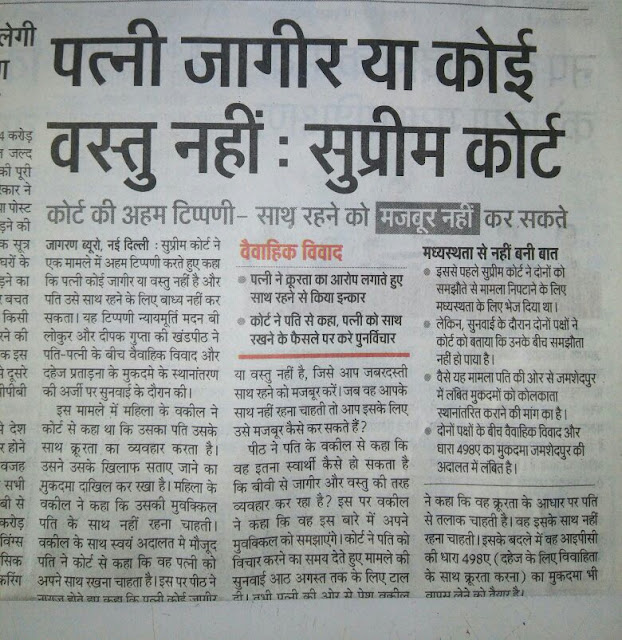SC: Only Unmarried Daughter of Coparcener can Claim Partition in Ancestral Property
April 25, 2018 Case name: Mangammal @ Thulasi and Anr. v. T.B. Raju & Ors. Date of Judgment: April 19, 2018 In the case, the appellants were daughters of Late Shri T.G. Basuvan who died in 1979 and Respondent No. 1 was the brother of the appellants herein. Late T.G. Basuvan had left three properties consisting of agriculture land and dwelling house. On account of some dispute, the appellants in the case instituted a partition suit and for separate possession of the suit properties. However, the Lower Courts in the case rejected the plea of the appellants and aggrieved by the same, the appellants approached the Supreme Court. Also read Daughter’s Right in Property-SC says Daughters have Same Right as Sons What is ancestral property? To decide the issue at hand, the Two-Judge Bench of the Supreme Court delved into the concept of ancestral property. The Court stated that any property inherited upto four generations of male lineage from the father, father’s father or...
